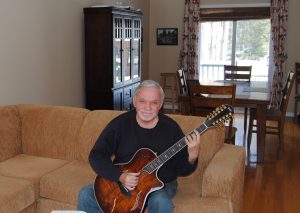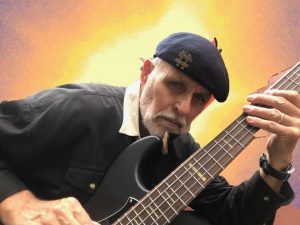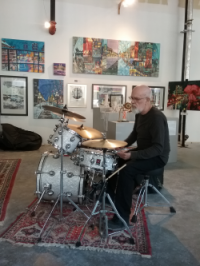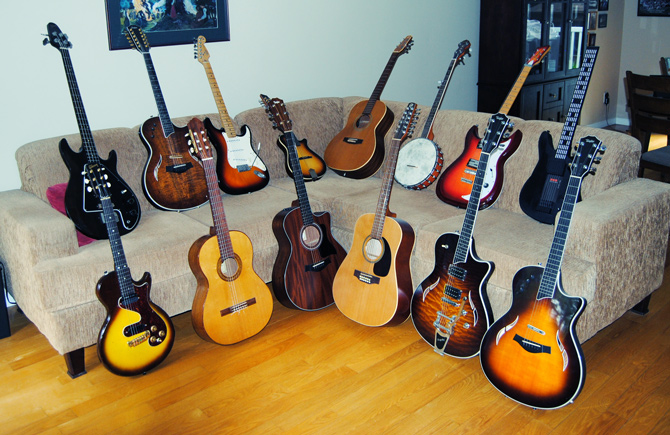I remember when news of a singer named Bob Dylan reached Canada. I was 13 years old. The word everywhere was that he sang about socially important things that people of my generation valued : peace, civil rights and everyone’s belief that young people were really changing the world. Then, in 1965, when nobody really expected it, things really did change.
Previously, Dylan’s songs had been laid out in front of you – nothing was hidden, nothing was obscure. But a change started to cast its shadow on us with Dylan’s 1965 album “Bringing It All Back Home”, which featured some very different and disturbing songs. The lyrics began to be more surreal and non-linear. When I heard “Gates of Eden”, featured on the album, it made me wonder where this very new direction in music was leading us. I was a smart 15-year-old but I didn’t understand the song’s juxtaposition of plain English words that flowed into a foreign landscape of four-legged forest clouds, lampposts with folded arms and iron claws, wailing babies, ships with tattooed sails, black Madonna bikers and gray flannel dwarfs, all of this on display outside the gates of Eden, where no sound ever escaped, a place where there were no kings, no sins, no trials. Coming on the heels of Dylan’s previous songs, something as obscure as “Gates of Eden” simply did not fit.Nobody expected Dylan to release 34 songs, excluding 14 outtakes and singles like “Positively 4th Street”, on three separate albums (“Bringing It All Back Home”, “Highway 61 Revisited” and “Blonde On Blonde”, a double album), in a little more than a single year, This unequaled artistic output formed the heart of Dylan’s extraordinary impact on contemporary culture and created a path leading directly to his Nobel prize in Literature, awarded in 2016.
It should be noted that some of these songs were over 10 minutes long, which was controversial at that time. Songs over 3 minutes did not fit into any radio station’s commercial platform. To circumvent this, some disc jockeys created what became known as “underground radio”, where long and more controversial songs were played, often during the early morning hours. In Ottawa, the contribution of Brian Murphy, who developed a weekend overnight radio show called Free Form Radio on Ottawa’s CKBY-FM station, needs to be underlined and appreciated.I’ve often wondered where Dylan’s exploding consciousness might have led him, had it not been for a motorcycle accident that left him with a broken vertebra and a concussion, on July 29, 1966. He was never the same afterwards and many say that the accident prevented him from pursuing his previously reckless and potentially destructive lifestyle. Certainly, Dylan’s later songs, many of them superb in their own right, never matched anything on those three mid-sixties albums. I intend to revisit this exquisite era in future posts.
My arrangement of “Gates of Eden” features our trio, with Roch Tassé on drums and Alrick Huebener on bass. We play “Gates of Eden” in honour of three of the most outstanding musicians of our time in Pat Metheny (guitar, b. 1954), Jaco Pastorius (bass, 1951-1987) and Peter Erskine (drums, b. 1954).
Richard Séguin – voice, acoustic 12-string guitar
Alrick Huebener – electric bass
Roch Tassé – drums




Ajouter un mot
You must be logged in to post a comment.